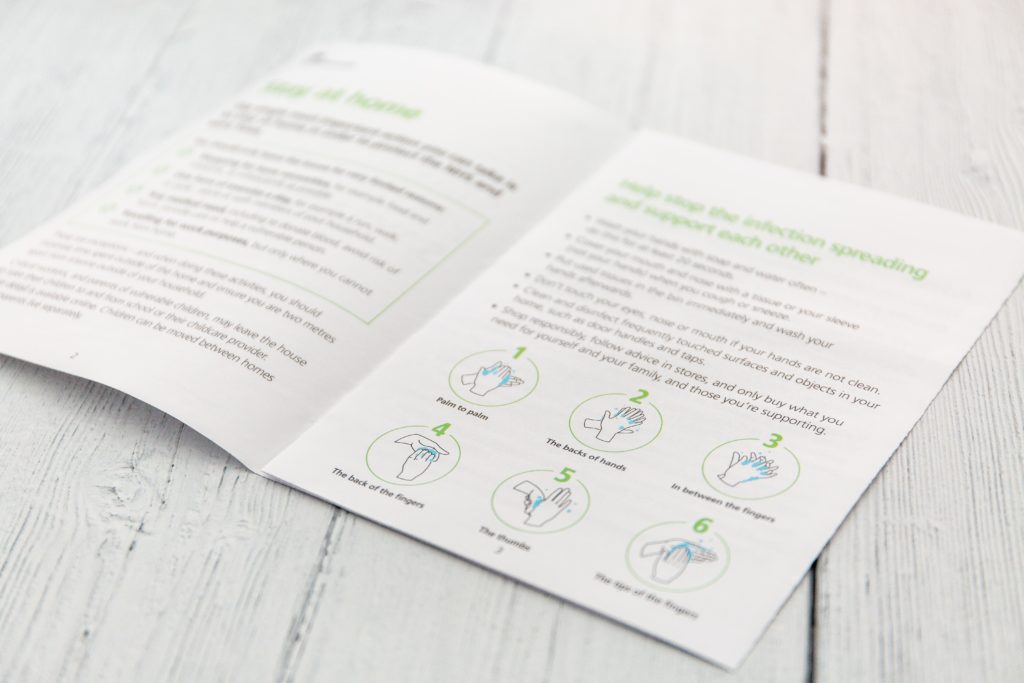
Meeting planners have been thrown a few curveballs over the past few months to say the least— from cancelled events and now new restrictions on in-person events. As we continue to adapt to COVID-19, it is crucial that meeting planners are up to date on the latest advice from the CDC in regards to hosting safe in-person events. We know you have many questions, and we are hoping to provide you with some answers based on guidance from the CDC.
How do you plan for an outbreak at an event?
The first step in planning an event in the COVID-19 era is by developing an emergency plan well before the event. The CDC recommends designating “an administrator or office to be responsible for responding to COVID-19 concerns. All staff and attendees should know who this person or office is and how to contact them.†Be sure to speak with local health officials about the event and have plans in place such as flexible refund policies for those who do not attend the event because they are not feeling well and plenty of supplies such as masks and hand sanitizer.
How do you prepare staff for the event?
Staff should be trained on all safety protocols. Virtual training is ideal to avoid contact with others, but if in-person training is necessary, make sure social distancing is possible. Consider using the CDC’s Interim Guidance for Businesses and Employers for guidance.
How many people can attend the event?
The CDC does not have a limit on how many people can attend an event, but be sure to check state and local policies on event capacity. Make sure there is plenty of space for event attendees to socially distance at all times, and consider an outdoor space as it is often easy to keep people spread apart and provides better ventilation than an indoor setting. Another way to limit the number of people at an event is by having entry times for staff and attendees.
Do attendees need to be tested for COVID-19 before the event or should their temperature be taken?
Testing all event attendees and staff is not recommended. Temperature screening and questionnaires asking attendees and staff if they have symptoms, have been in contact with anyone known to have the virus, or if they have travelled recently is recommended as long as it does not invade privacy.
How do you make sure attendees social distance at the event?
Hosting smaller events in larger spaces is one way to keep participants spread apart. It also helps to use designated entrances and exits to keep people from running into one another and use signs to indicate which direction guests should be walking. Avoid lines at places like bathrooms or registration areas. Techniques such as online check-in before the event can help to shorten lines and speed up the registration process. If lines are ever necessary, be sure to have signs and markings on the floor to remind people to keep six feet apart.
What can staff and attendees do to limit the spread of COVID-19 at the event?
Be sure that staff and attendees stay home if they are not feeling well as a first step in limiting the spread of COVID-19. Once at the event, be sure handwashing stations and hand sanitizer are easily accessible and that staff and attendees are utilizing these resources often. All staff and attendees should wear a face covering, especially it is not as easy to stay six feet apart from others.
What is the proper way to sanitize the event space before, during and after the event?
High touch surfaces such as door handles, sinks, drinking fountains and hand railers should be sanitized at least daily or as much as possible during the event. Other shared surfaces like countertops should be disinfected between uses. A cleaning schedule indicating what needs to be cleaned and when can help ensure that proper sanitation occurs during the event. EPA-approved disinfectants against COVID-19 should be used, but make sure there is proper ventilation so toxic vapors are not inhaled.
How do you safely distribute food at the event?
According to the CDC, “Avoid offering any self-serve food or drink options, such as buffets, salad bars, and drink stations. Consider having pre-packaged boxes or bags for each attendee.â€
What do you do if someone develops COVID-19 symptoms at the event?
Immediately separate anyone who develops symptoms at the event and provide them with clean disposable face masks. Close off all areas and disinfect anything the person with symptoms was in contact with. Contact local health officials about the potential case and be sure event attendees and staff are aware of possible exposure to COVID-19. Anyone who was in close contact with the potential case should also be separated.
How do I know if it is appropriate to cancel the event or not?
If the event space is not going to accommodate social distancing and it is not possible to find a larger space, it may be necessary to cancel the event or move the event online. If a large number of attendees are at higher risk of developing severe COVID-19 symptoms, it may be necessary to cancel or encourage these participants to not attend the event. If there is an outbreak in your community or in communities in which many attendees are coming from it may also be necessary to cancel. Ultimately, be sure to consult with local health officials when making this decision.
For more information, visit the CDC website.
Written By: Kelly Pawlak
